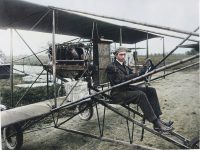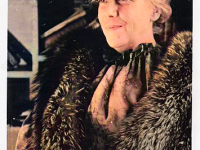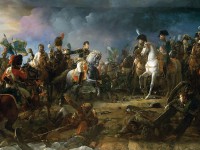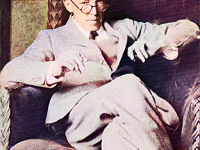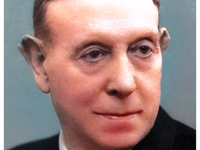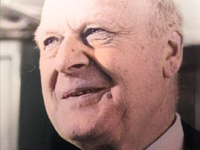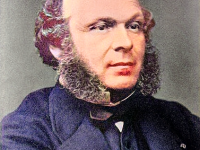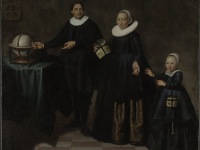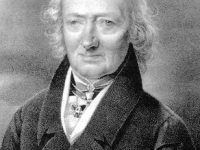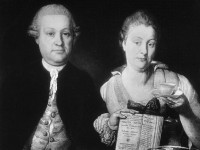The Airplanes of Glenn Luther Martin
On December 5, 1955, American aviation pioneer Glenn Luther Martin passed away. Martin designed and built his own aircraft and was an active pilot. He founded his own aircraft company in 1912 which today through several mergers is amalgamated into the Lockheed Martin company. Early Years Glenn Luther Martin was born in Macksburg, Iowa, USA, on January 17, 1886 to Minta and Clarence Martin. At the age of two, Martin’s family moved to…
Read more

